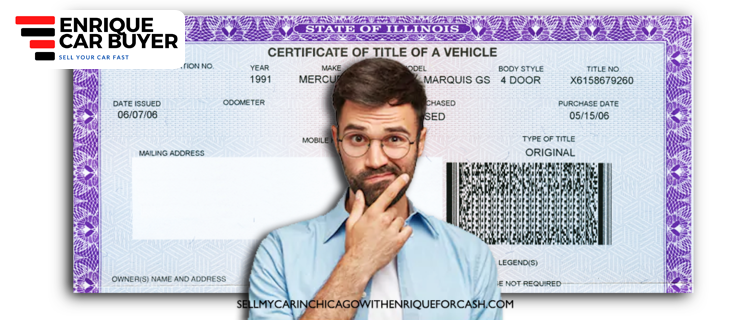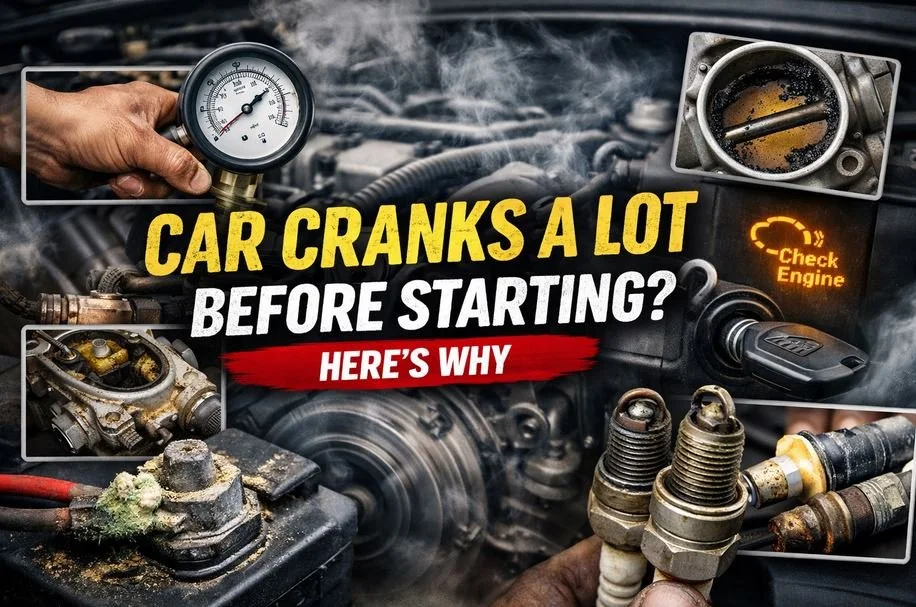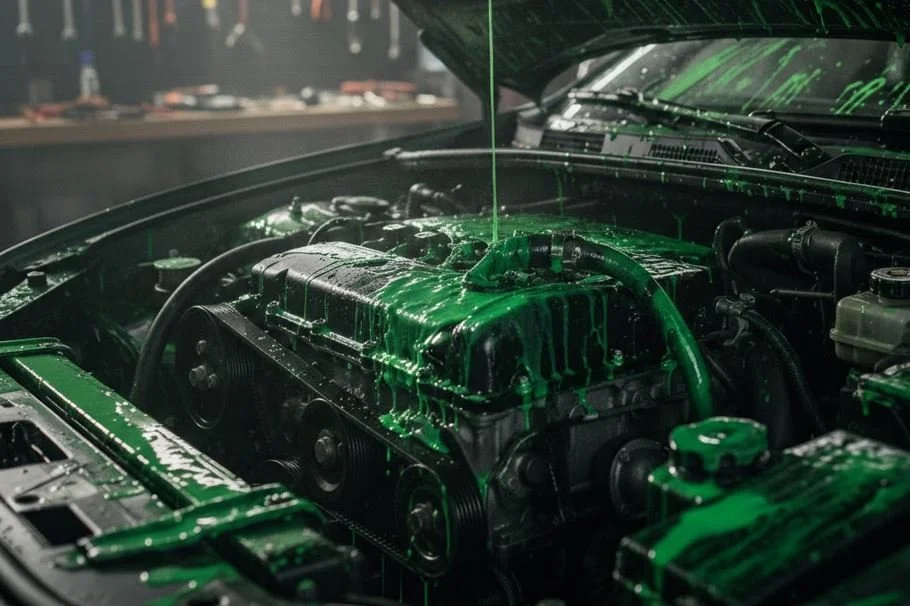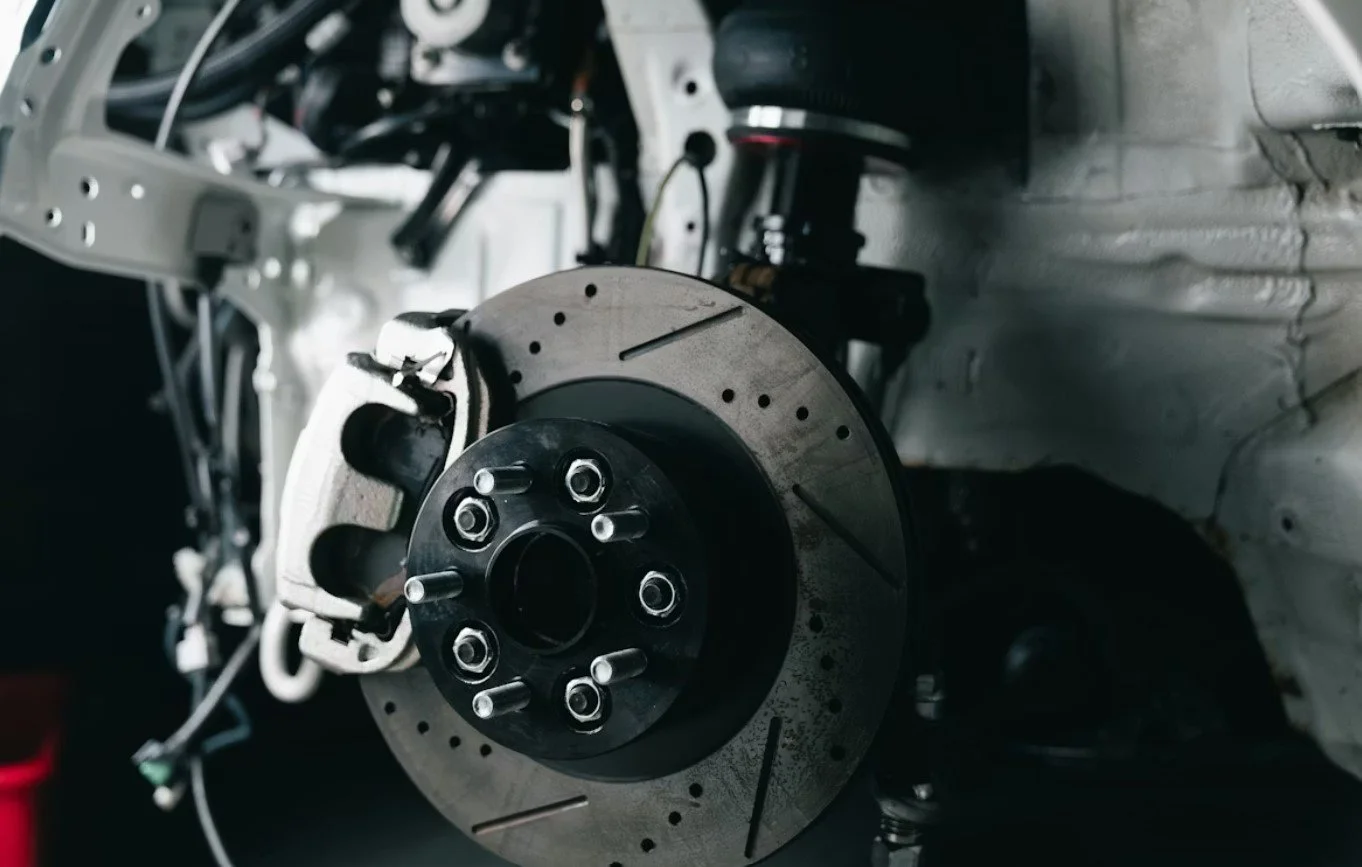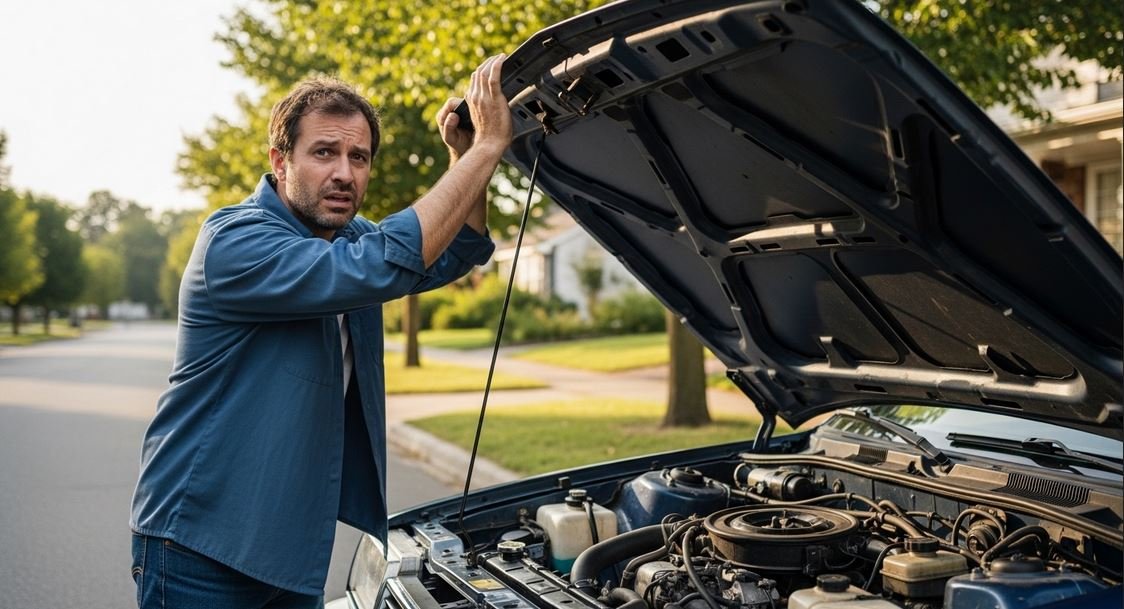What Is Title Jumping?
Title Jumping
When The Seller's Name Is Not On The Title
Have you ever been a victim of title jumping? Maybe you have thought about, “Can I sue someone for title jumping?” Title Skipping, Title Floating, or Title Jumping is illegal in all 50 states. It happens when a buyer does not register the vehicle under their name and then sells it to another person. It means the title jumps from one owner to another without having a record. Some car dealers and car buyers do this so they can avoid the sales tax and registration fees included in the titling process. Title fraud is intentional and considered a felony. If caught, you can be charged with fines, penalties, and possible jail time. Title jumping has many consequences for the buyer and even for the seller. Let us know more about how we can avoid this type of title fraud.
Title Jumping Risks
Seller’s Risks
You, as a Seller, risk yourself of being fined, penalized or jailed, not being able to register your acquired vehicle. Applying for registration is required for newly bought cars by all 50 states. Selling your vehicle without registration is called Title Jumping. It can cause extreme inconvenience to the buyer, but not only that, you’re putting the buyer at risk for a mishap. Since the ownership is not documented, any mechanical issues or anything that happened to the vehicle will not reflect on its history report. It is unfortunate for the buyer to be completely clueless and may have possible headaches in the future. We must follow the state rules on title registration, so when it comes to selling your vehicle, you can sell it without any issues.
Title Jumping Risks
Buyer’s Risks
Can’t reach the seller. What happens when the previous owner did not register the vehicle? This can be a troublesome scene for the buyer. They have to ask the seller to register it to their name as they can charged of penalties for the duration the vehicle was not registered. There are instances that the buyer can have a hard time reaching out to the seller. It can negatively consume their time and effort, trying to resolve the problem. The seller may, or may not respond, can be uncooperative or worse, nowhere to be found.
Incomplete Vehicle History Report. Not knowing the full vehicle’s history can be a disappointment and may lessen your excitement of buying a car. The car may have hidden mechanical issues, which cannot be safely driven or can be involved in something illegal, that can later put you in a bad spot.
Unable to Transfer the Title to your Name. Purchasing a vehicle is not complete without transferring the title. But if the seller was not able to register it to DMV, how can you be able to transfer the title to your own name? This happens when the buyer figures out that the seller's identity doesn't match the name on the title. Another situation would be, the buyer finds out that the previous owner (before the seller) had submitted release forms to DMV, which makes them no longer liable for the said vehicle. DMV will question the months the car was not registered. They may ask you to have the seller register it to their name or you may end up paying all the fines and penalties.
Title Jumping Tips
What Can You Do?
Check the Car Title. Make sure that the seller's name on the car title is correct before buying the vehicle. It can save you a headache from being a victim of title jumping. The only exception is if the seller has a power of attorney over the person on the title. This scenario usually happens when the owner is deceased, and the seller is a family member. Otherwise, always check the title before signing and buying the vehicle. What can you do when the previous owner never transferred title? Try to reach out with the seller to register the vehicle first under their name. Once they registered and received it, they can hand it over to you when you purchase the car.
Obtain a Bonded Title. If you are unable to trace the seller, or unable to obtain a car title, you can ask your state DMV’s help for the right process. In this kind of situation, you can ask for a bonded title. A Bonded Title or Certificate of Title Surety is a document that provisions you as the owner of a motor vehicle. It serves as a financial guarantee that the bondholder will pay anyone who presents a valid claim of the vehicle. At times, the bonded title can be challenged and does not guarantee ownership. Bonded titles can last up to 3 to 5 years. If there are no issues or no claimants for the said period, you will be able to apply for a car title.
You can explain the circumstances to the Division of Motor Vehicle’s office, and they can determine if you are eligible for a bond title. Bond titles usually apply if (1) there is no car title when you bought a vehicle, (2) only the bill of sale was provided by the seller, (3) the title got lost after you bought the vehicle, or (4) if the title was incorrectly assigned. If you are eligible, DMV will ask you to buy a Lost Title Bond.
A Lost Title Bond or a Surety Bond is necessary when the ownership on the vehicle title does not match the party asserting ownership. It is also a prerequisite to gain a new title to a vehicle when there is no existing title. DMV requires this to be able to grant the claimant a replacement title. A Lost Title Bond costs depending on the bonding amount set by the DMV and the principal’s (the one who applies for the title bond) credit standing. The bonding amount is derived from the fair market value of the vehicle in question. The not-so-expensive cars range from $250 and up, and more expensive motor vehicles range from $1000 to $3000.
Please note that some states do not allow bonded titles like Delaware, Kentucky, Kansas, Louisiana, Maryland, North Dakota, New Jersey, Oklahoma, Oregon, Pennsylvania, South Dakota, South Carolina, and Virginia. For Indiana, Chicago and Ohio states they accept court-ordered titles.
File a Legal Claim. If you have dealt with a car dealer, you can file a claim against their business, or you can return the vehicle and get a refund. Be prepared as filing a claim may cost your time and money. Many do not pursue this due to time and budget constraints. Be cautious when buying a vehicle, if you feel that there is something off with the car title, leave and let go of your prospect vehicle. We are sure you can find a trustworthy seller that can help you in the buying process and can give you peace of mind.
Avoid Title Jumping
Your Trusted Car Buyer
Want to sell your car? We at “Sell My Car In Chicago with Enrique for Cash” can buy your car for a good deal. We buy running cars, and we ensure you a convenient, smooth-sailing process. You do not have to bring your vehicle to us, as we will stop by your location and pay you by cash. We have these three simple steps:
GET QUOTE.
Call us at (224) 236-7010 or get a free quote online. Tell us more about your car, and we will reach out to you with an offer. If you agree, we will stop by your location and inspect the vehicle.
GET PAID.
We will inspect your car and verify the information you have sent. Once verified, we will pay you by cash.
GET TOWED.
Skip all the hassle of bringing your car to a buyer. We will take the vehicle from your location.
